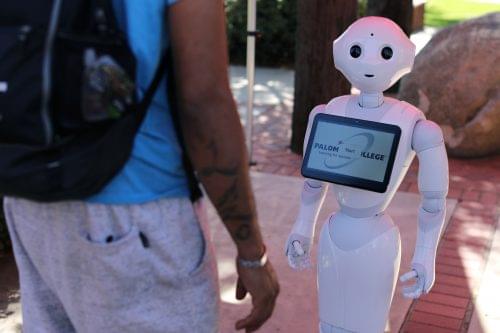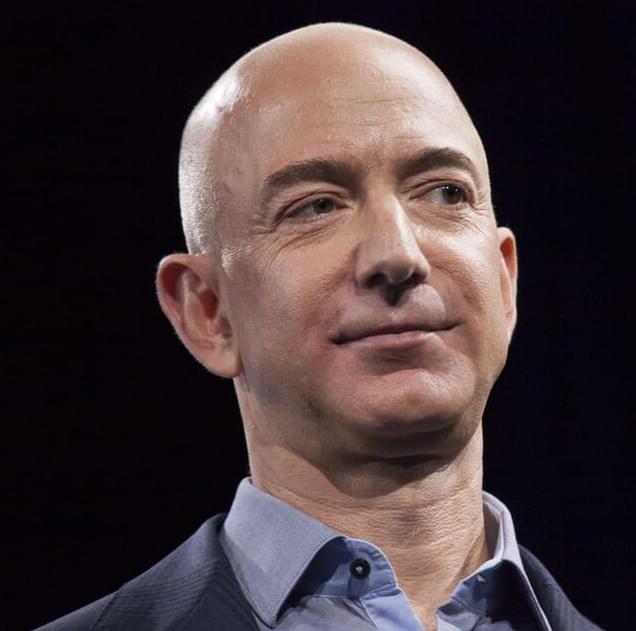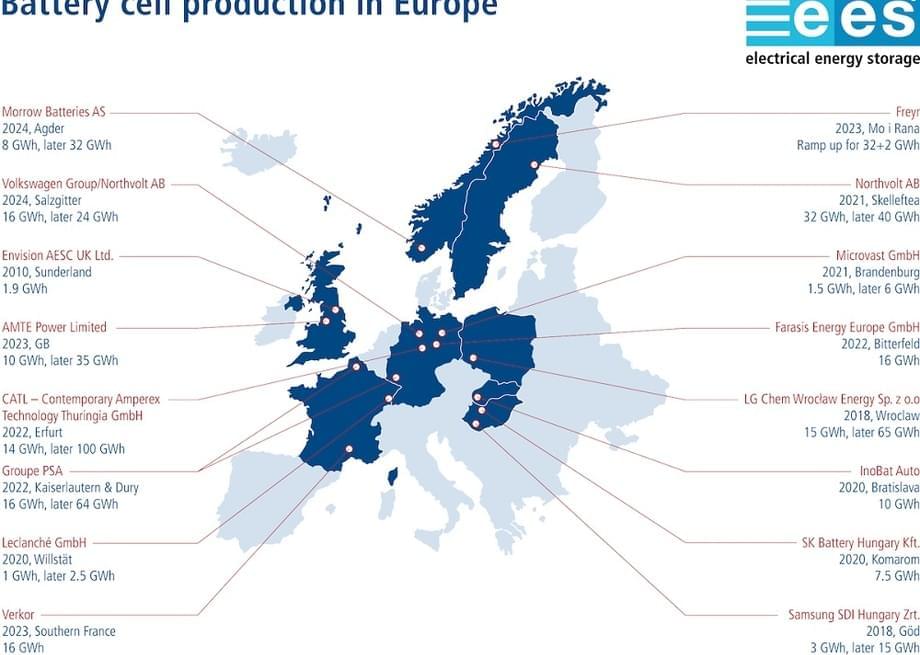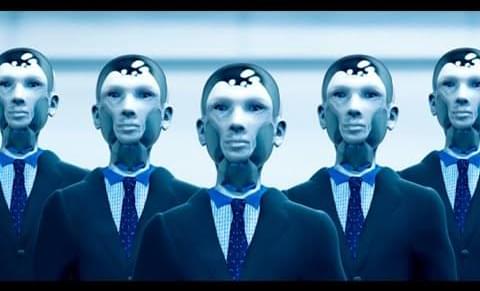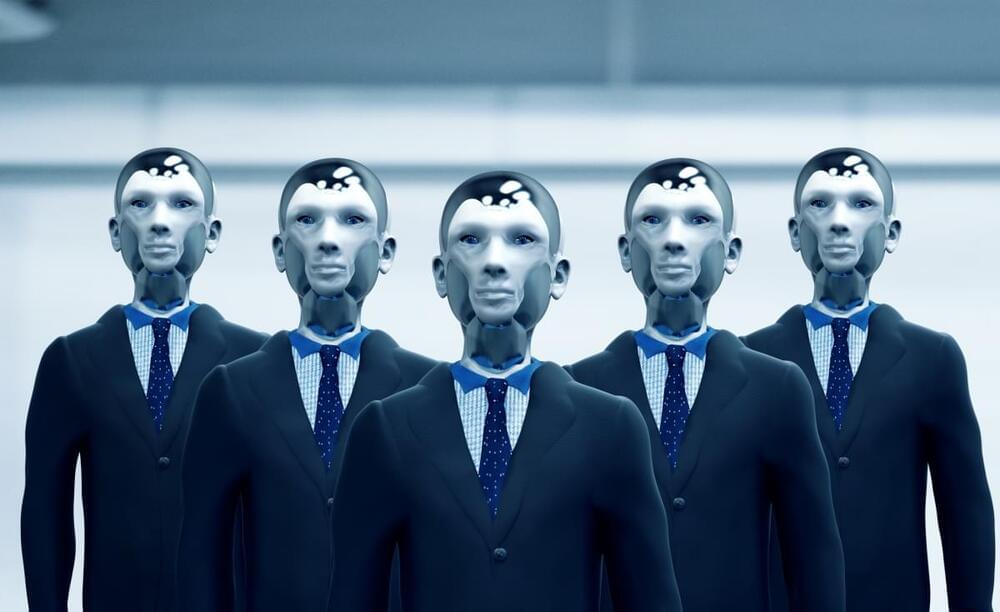Jan 28, 2022
Does artificial intelligence really reduce jobs? A historic perspective
Posted by Shubham Ghosh Roy in categories: employment, policy, robotics/AI, transportation
Second, we need to be aware of the manifest biases and fallacies that magnify the weight humans put on potential losses compared to potential future gains. As a result of these biases, humans often seek to preserve the status quo over pursuing activities that lead to future changes, even when the expected (but risky) gains from the latter may outweigh those of maintaining the status quo. The preference for the status quo, and neat narratives that oversimplify complex scenarios, can lead to overlooking (or ignoring) important information that is not consistent with the current generally accepted meme — illustrated, perhaps, in Musk’s continued optimism for autonomous vehicles despite the evidence leading to others downscaling their forecasts.
The first and second points together lead to the third important consideration: the importance of independently verified data over forecasts and opinion in determining the need for and appropriateness of policy interventions. And data is historical by nature. Pausing to collect it rather than rushing to respond is recommended.
To that end, we can use available data to analyze whether increasing use of AI is demonstrably affecting key labor market performance indicators: labor productivity and multifactor productivity growth. If, as Keynes suggests, AI-driven technological change is increasing the potential for new means of economizing the use of labor to outrun the pace of finding new ways to use it, we would expect to see both statistics rising in the era dominated by AI. Yet as Figures 1 and 2 show, the exact opposite appears true for a wide range of OECD countries. Neither does the data suggest that other key labor market indicators have changed negatively with the advent of AI. As with the computer industry, we see the effects of AI everywhere but in the productivity statistics.
